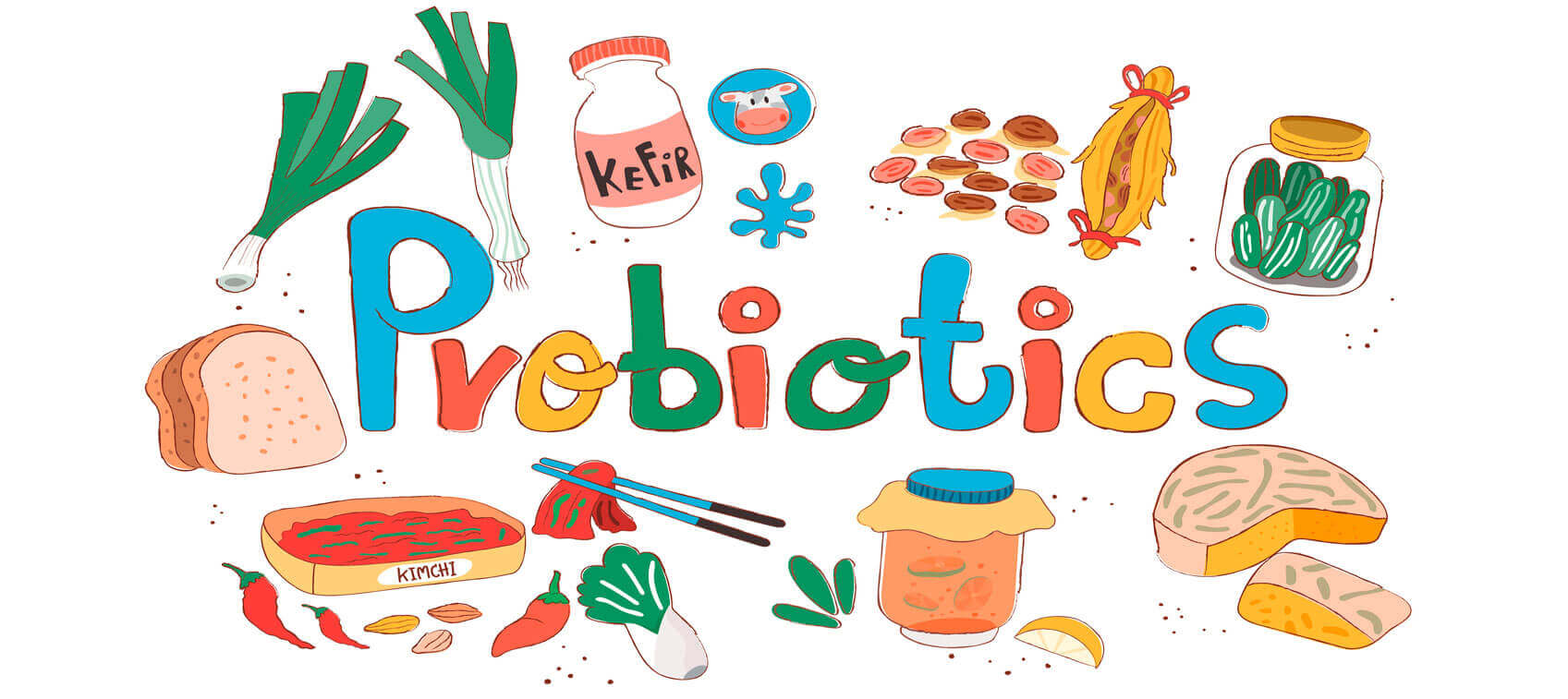By now most people are aware that not all bacteria are harmful. The fact is, our bodies and environment are covered with bacteria—good and bad. Between 400 and 500 different species of bacteria reside in the GI tract alone and are estimated to account for as much as three pounds of your body weight.
Under ideal circumstances, while potentially dangerous and health-robbing strains of bacteria may be present, other beneficial strains of bacteria keep their numbers in check. It’s only when certain harmful strains of bacteria get out of control that we begin to experience problems. These can be as simple as diarrhea, or as complex and serious as a systemic infection.
There’s no possible way to eliminate all the potentially pathogenic bacteria from our environment, nor would it be advisable. The relationship between humans and bacteria is symbiotic and has evolved over thousands of years. They need us in order to survive, and we need them in order to support certain essential metabolic functions.
For example, bacteria in the gut help support the body’s ability to metabolize excess bile acids and hormones, keeping cholesterol and estrogen levels in a healthy range. Bacteria in the large intestine also play a key role in making vitamin K, which affects how readily blood clots.
For humans to exist, a balance between good and bad must be maintained, not only in our external environment, but in our internal environment as well.
Imbalance Starts In the Colon
The bowel is a warm, moist, nutrient-rich environment that lacks oxygen and strong digestive fluids, making it an ideal place for bacteria to grow and flourish. However, when you take into account the way our society eats these days (little fiber and an excess of sugar, salt, and processed foods), it's easy to understand how pathogenic bacteria can gain a strong foothold in the colon. To make matters worse, we have drastically cut back on our consumption of vegetables and of beneficial essential fatty acids such as those found in certain fish (including salmon, mackerel, and herring) and flaxseed.
There are many other things that impact the bacteria in our gut, as well. Drinking chlorinated water and overexposure to heavy metals, pollutants, and radiation can do it, as can medications and even amalgam tooth fillings. Antibiotics are well known for causing digestive upset, but all medications contain chemicals that are harmful to gut bacteria—even those sold over the counter.
Imbalanced colons support the growth of pathogenic bacteria, which are constantly spewing toxins into the system. In turn, this causes your immune system to work overtime just to keep things under control.
How to Maintain Bacterial Balance
The best method of establishing and replenishing bacterial flora is to eat fermented foods like homemade sauerkraut and yogurt. Each of us ideally would include a small amount of naturally fermented food in our diet each day.
The sheer number of bacteria in fermented foods can be astronomical, which ensures large numbers will survive the trip through the harsh digestive tract. Fermented food also contains dozens, even hundreds, of varieties of beneficial bacteria that synergistically work together, as well as enzymes and other nutrients that allow the bacteria to continually multiply.
If you consume fermented food regularly, you can physically experience the difference within just a few days. The normalization of bowel activity, better digestion, improved energy levels, and overall health really are “the proof in the pudding.”
But eating fermented food isn't always convenient or possible, and pasteurization of grocery store brands kills all live bacteria (which is why homemade is best). This is why adding a daily probiotic supplement is so important.
Probiotics are broadly defined as strains of bacteria that support the health of the host in some way. Broken down, the word literally means “for, or in support of” (“pro”) and “pertaining to a living organism” (“biotic”). Probiotic supplements are a convenient way to deliver additional beneficial bacteria to the gut because they don't require any cooking or meal planning, plus they're easy to take with you if you're going out for dinner or on a trip. The only catch is making sure you choose the right product.
It only makes sense that if we do things on a daily basis to harm our good bacteria, that we also should take measures to support it as well. And fermented foods and probiotics are the best ways to do that.



